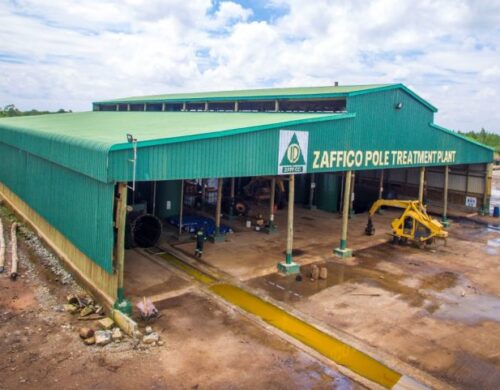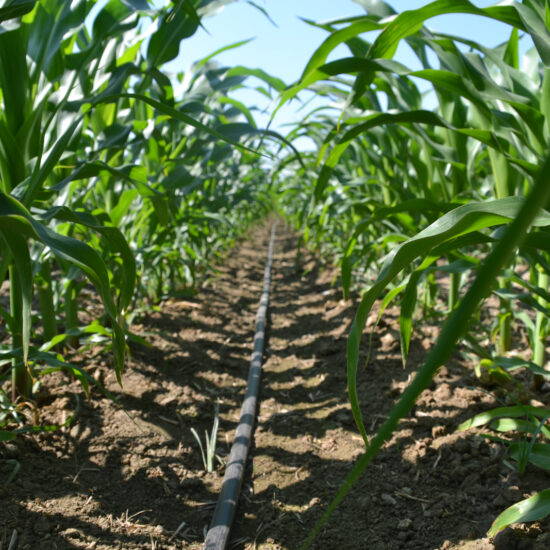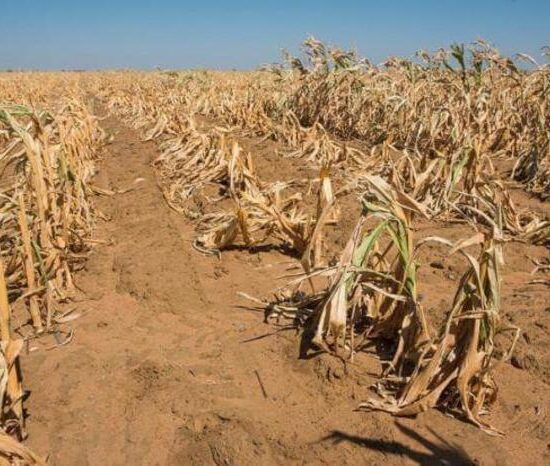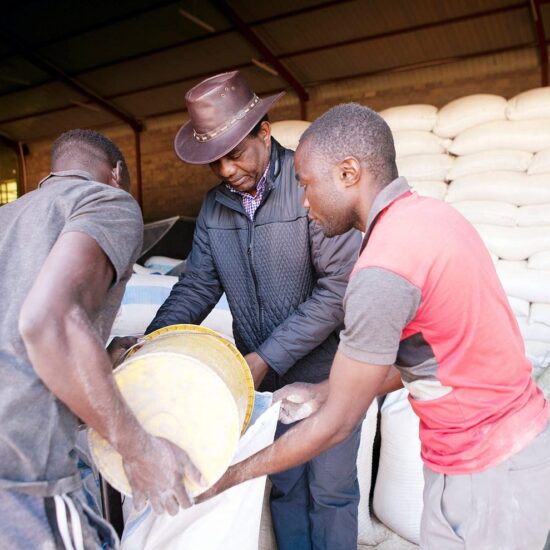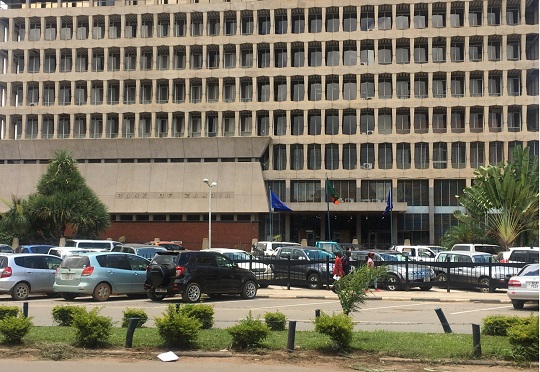
The steep depreciation of the Kwacha is the main cause of the market increase in prices of stockfeed as concentrates and additives which are the key inputs, are currently imported into the country.
The Poultry Association of Zambia (PAZ) has revealed that the high price of stockfeed across the country is due to the increase in import cost which, in Kwacha terms, has gone up by over 60% in one year, in line with the depreciation of the Kwacha in the same period.
PAZ Executive Manager Dominic Chanda said that moreover, the current high maize and soya cake prices have also contributed to the increase in prices of stockfeed, which will also feed into the retail prices of poultry and other meat products.
Speaking in an exclusive interview with the Zambian Business Times – ZBT, Chanda said stockfeed supply is currently meeting the demand in the country and there is more than enough for the poultry industry, but was quick to state that import costs for additives are higher due to the Kwacha depreciation.
He said almost all the millers have the capacity to supply and there is no shortage on the market. “The dollar to Kwacha exchange parity is significant in the sense that the soya cake for instance is priced in US dollars and the ingredients and premixes including the packaging material are all imported, so you cannot rule out the dollar from there”.
He further stated that “Whenever you see a K1 loss of value against the dollar, it’s likely that the prices of feed go up by almost about 4%, that is what we have observed over the years”, he said.
Chanda said the prices of stockfeed can reduce if there is stability and strengthening of the Kwacha as this will help to stabilize and reduce the import cost components. If one wants to understand the final pricing of poultry products, one has to understand the poultry value chain, specifically things like feed have to be looked at from the whole supply chain.
“What is the beginning point, where do we need change, we need change specifically at the small and medium holder levels of those that are producing maize and soya beans as those are the key inputs into the poultry industry. The moment the kwacha stabilizes, imported inputs, specifically fertilizers, will be cheaper and production cost like producing a 50kg bag by small and medium farmers will be cheaper”, he said.
He added that once that challenge is addressed, subsequent players along the value chain of soya beans and maize will have a cheaper output.
“We may say let the prices of maize be lower but at the end of the day, the farmer producing maize and mealie meal have high input costs, so we need to address them at primary production levels”, he said.
He also said that improving productivity at small and medium scale level will be a step in the right direction, but without it, it becomes difficult because everything that is produced with inefficiency and high cost of production ultimately has effects on the final consumer and in this case it will be the chicken retail prices.
He said most small scale farmers produce 1.5 tonnes per hectare and if that productivity can be improved to 4, 5 or 6 tonnes per hectare, then ultimately there will be enough maize and the price will reduce. He said these solutions are difficult in the short run, but can work in the long run as all the factors can be considered.
In Zambia, the institutions charged with the responsibility to manage the stability of the financial sector is the Bank of Zambia – BOZ working together with the parent ministry of Finance. However, the two institutions have failed to find a wining formula to manage the stability and resilience of the local currency.
Moreover, both the Bank of Zambia Governor and Ministers of Finance and their teams have escaped direct accountability. The Kwacha has depreciated by over 60% in one year, a state of affairs that would ideally result in dismissals and sacking of responsible economic managers.

